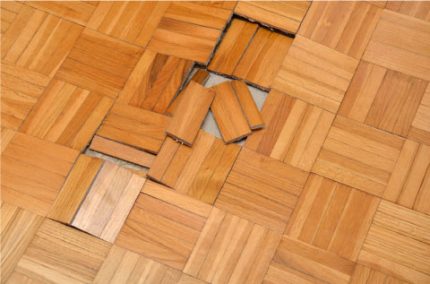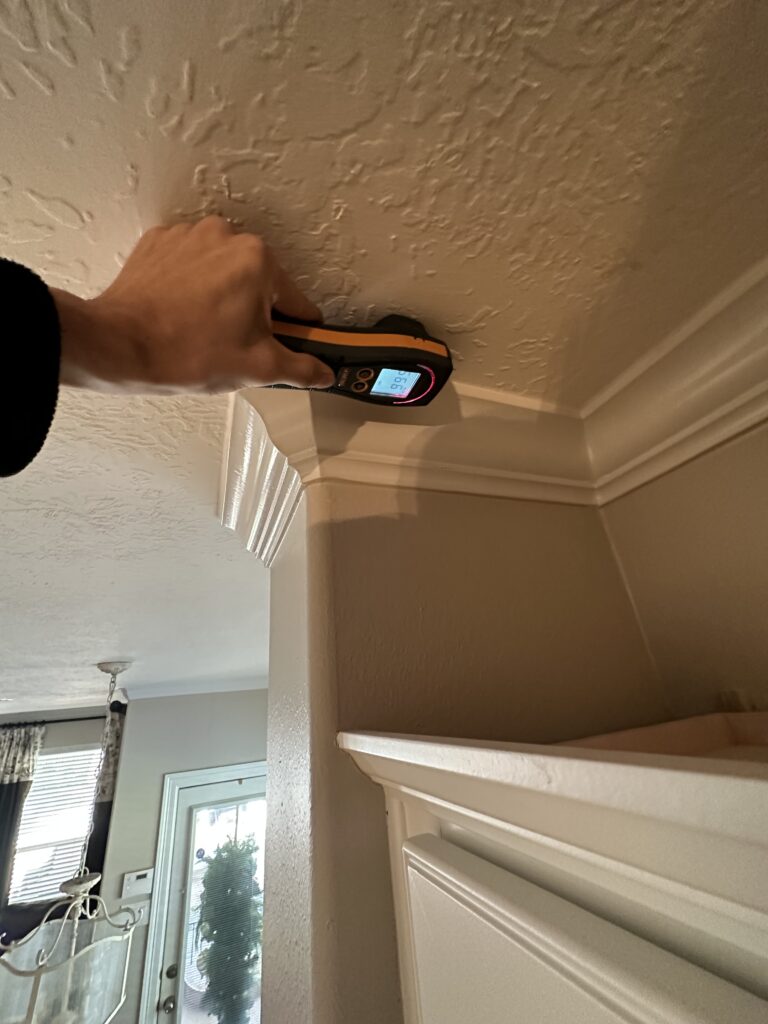
THINGS TO CONSIDER
- Leaking, burst, broken, or frozen water pipes.
- Hot water heater tank leaks.
- Crawl space water damage.
- Leaking roofs or windows.
- Clogged or malfunctioning drains.
- Overflowing bathtubs, toilets, or sinks.
- Backups from sewage or septic tanks.
- Flooding from heavy rainstorms.
- Sump pump failures









